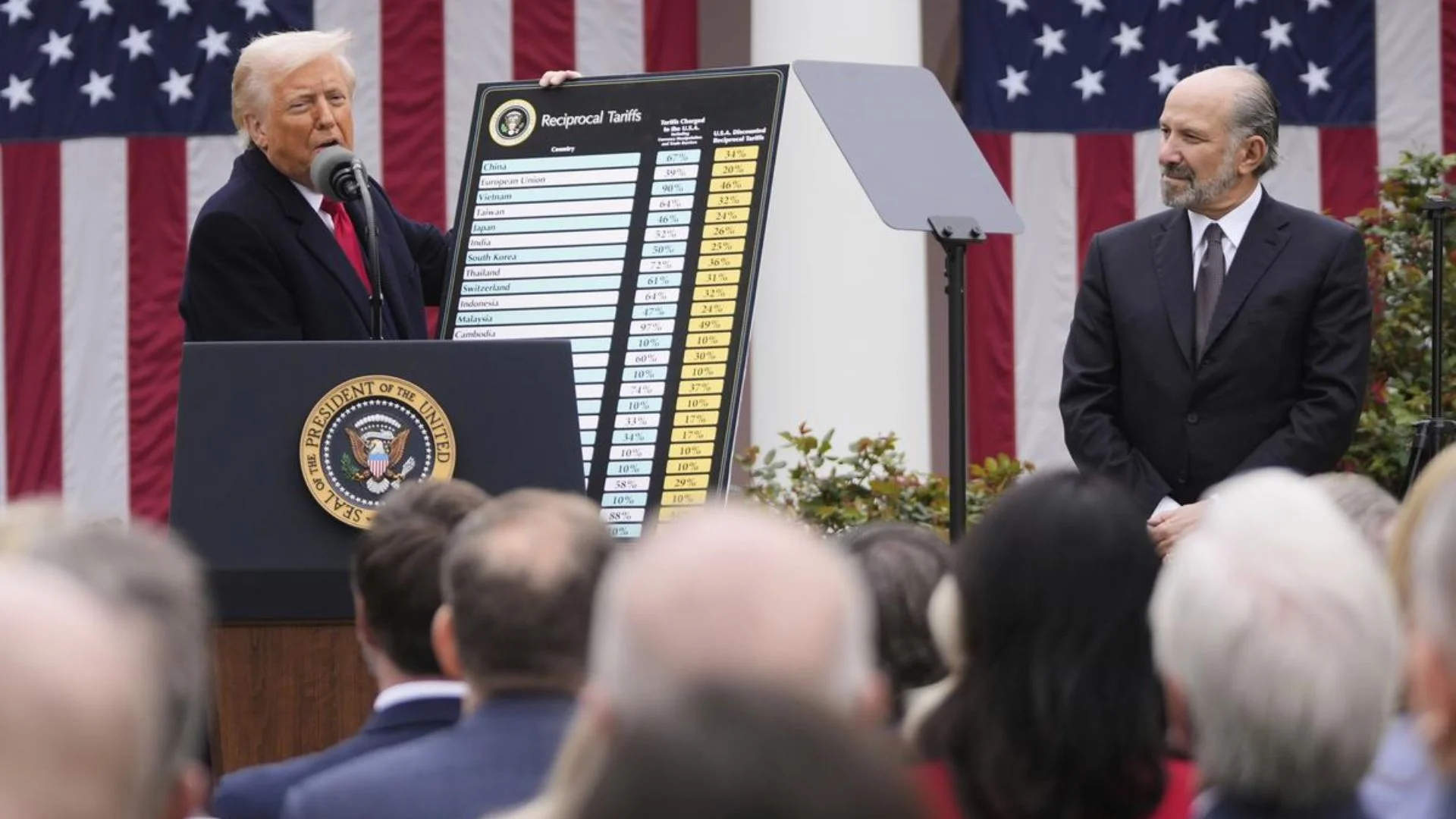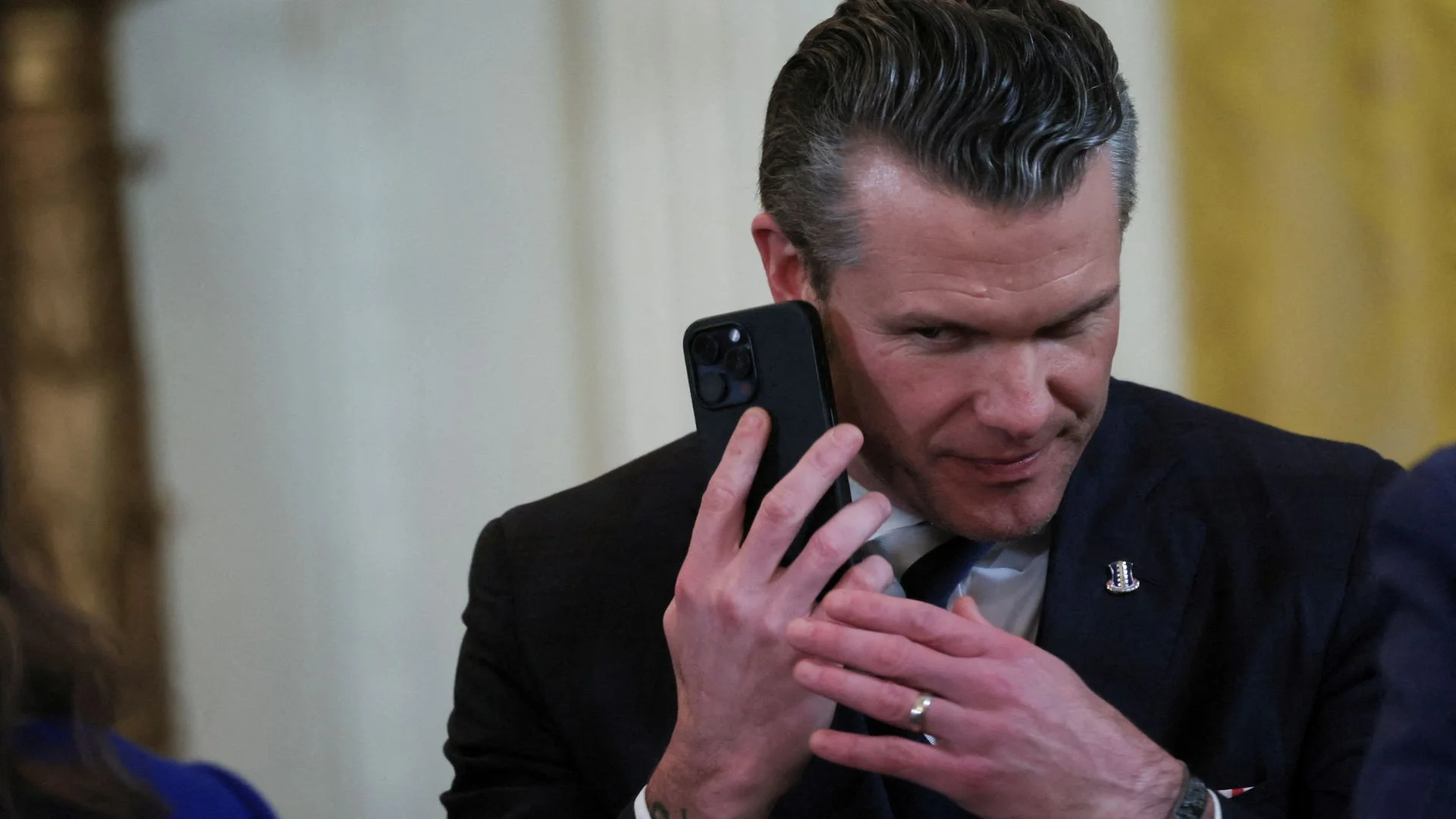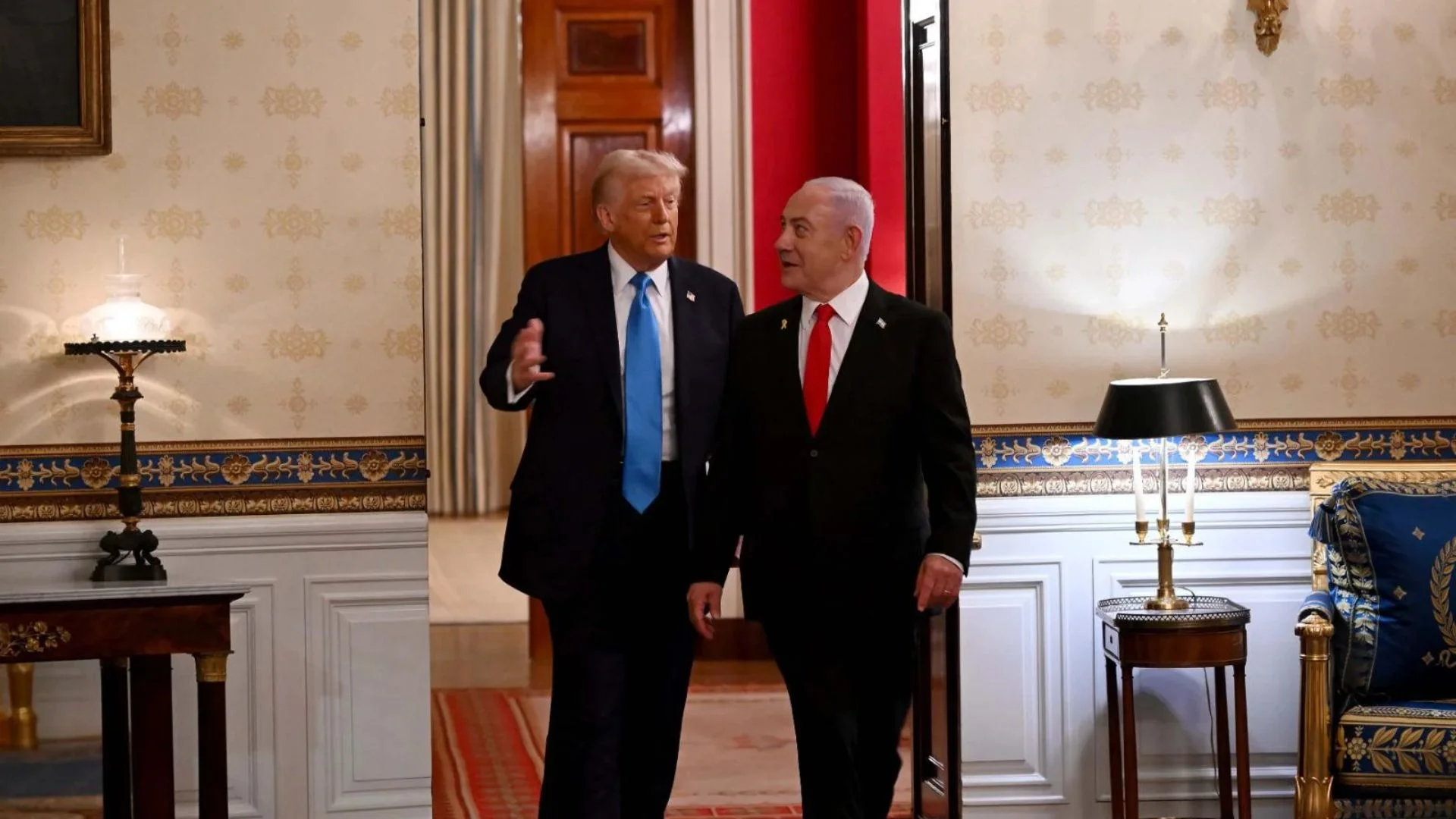On a pivotal day for President Donald Trump’s nominees, Robert F. Kennedy Jr., Tulsi Gabbard, and Kash Patel appeared on Capitol Hill for confirmation hearings on Thursday.
Kennedy, nominated for health and human services secretary; Gabbard, tapped for director of national intelligence; and Patel, selected for FBI director, have each sparked controversy for the same reason—they have been outspoken critics of the institutions they are now set to lead. Trump’s nominations are testing the Republican-controlled Senate’s stance on balancing disruption with institutional stability.
During the hearings, all three nominees attempted to clarify or soften previous statements that have drawn scrutiny from senators who will ultimately decide their confirmations.
Here are five key takeaways from the Senate committee hearings.
Republican chairman’s warning
Sen. Bill Cassidy, R-La., chair of the Health, Education, Labor, and Pensions Committee, delivered sharp remarks at the end of Robert F. Kennedy Jr.’s confirmation hearing, criticizing his long-standing anti-vaccine rhetoric.
Cassidy, a physician, acknowledged that he shares common ground with Kennedy on issues like processed food and obesity but accused him of using “selected evidence to cast doubt” on proven medical treatments.
“My concern is that if there is any false note, any undermining of a mama’s trust in vaccines, another person will die from a vaccine-preventable disease,” Cassidy said.
“And that is why I have been struggling with your nomination,” he added, signaling that he has yet to decide on his vote and still has questions for Kennedy—an uncommon stance for a Republican committee chair considering a Trump nominee.
“You may be hearing from me over the weekend,” Cassidy told him.
Senator Confronts Kennedy on Autism
A heated hearing filled with flailing arms, a pounding gavel, and shouting matches came to an abrupt halt when Sen. Maggie Hassan, D-N.H., spoke about her son, who has cerebral palsy, bringing a sudden silence to the room.
Hassan became emotional as she shared her personal experience, saying there isn’t a day that goes by when she doesn’t think, “What did I do when I was pregnant with him that might have caused the hydrocephalus that has so impacted his life?” She then firmly added, “So please do not suggest that anybody in this body of either political party doesn’t want to know what the cause of autism is.”
It was one of several tense exchanges with Robert F. Kennedy Jr. throughout the hearing. Despite being given multiple opportunities to reject theories linking vaccines to autism, Kennedy refused to do so.
Patel distances from MAGA
Patel surprised some senators with how much his composed, conventional presentation before the Judiciary Committee contrasted with the fiery, MAGA-aligned persona he has long displayed on social media and right-wing platforms.
Previously, he had referred to “cowards in uniform” for allegedly violating the “chain of command” in handling the response to the Jan. 6, 2021, Capitol riots—he now claims the remark was aimed at senior officials who failed to deploy the National Guard. He had also called for taking action against people “in the media,” either “criminally or civilly,” but told senators that his words had been “a partial quotation.” Despite his past statements advocating for punishing Trump’s perceived adversaries, Patel assured lawmakers that under his leadership, the FBI would take “no retributive actions.” His remarks left some committee members perplexed.
“There is an unfathomable difference between a seeming facade being constructed around this nominee here today and what he has actually done and said in real life when left to his own devices,” said Sen. Sheldon Whitehouse, D-R.I. “Conduct shows character. And if you look at history, you see the danger of security chiefs in authoritarian regimes’ becoming the tools of political power. The characteristics that they often show is that they are vengeful, that they are grandiose, that they are intemperate, that they are partisan and blindly loyal, that they are servile and won’t say no.”
Patel on January 6 pardons
Under intense questioning, Patel distanced himself from Trump’s decision to issue pardons or commutations for 1,500 Jan. 6 defendants, including those who admitted to assaulting police officers. Patel maintained that certain violent offenders did not deserve clemency.
“I have always rejected any violence against law enforcement, and I have, including in that group, specifically addressed any violence against law enforcement on Jan. 6,” he said. “And I do not agree with the commutation of any sentence of any individual who committed violence against law enforcement.”
Sen. Thom Tillis, R-N.C., who introduced Patel and defended him throughout the hearing, also voiced opposition to Trump’s decision to pardon violent rioters. “I’ve been thanking these Capitol Police officers, and I told them I actually thought that the pardons of people who did harm to police officers sucked,” he said.
Gabbard grilled for past praise of Edward Snowden
As the nominee for Director of National Intelligence, Gabbard, a former Democratic congresswoman from Hawaii who is now a Republican, faced tough scrutiny over her ability to lead the U.S. intelligence community, which she has frequently criticized and opposed on key issues.
She was pressed by multiple Republican senators about her past praise of Edward Snowden—the former intelligence contractor who leaked classified information before fleeing to Russia—whom she once called a “brave whistleblower.”
Gabbard did not entirely disavow her previous remarks or label Snowden a “traitor,” as several committee members have, stating only that he “broke the law” while also exposing critical information.
“Even as he broke the law, he released information that exposed egregious, illegal and unconstitutional programs that are happening within our government that led to serious reforms,” she said.
She also faced questioning about her evolving stance on warrantless surveillance of foreign targets under Section 702 of the Foreign Intelligence Surveillance Act. Once a vocal critic who called for its repeal, she recently shifted her position to supporting it. Gabbard explained that her past opposition during congressional reauthorization was intended to highlight “egregious civil liberties violations that were occurring at that time” under the program.
In a separate exchange, Sen. Jerry Moran, R-Kan., asked if Russia gets “a pass in either your mind or your heart.” Gabbard fired back, “Senator, I am offended by the question, because my sole focus, commitment and responsibility is about our own nation, our own security and the interests of the American people.”























